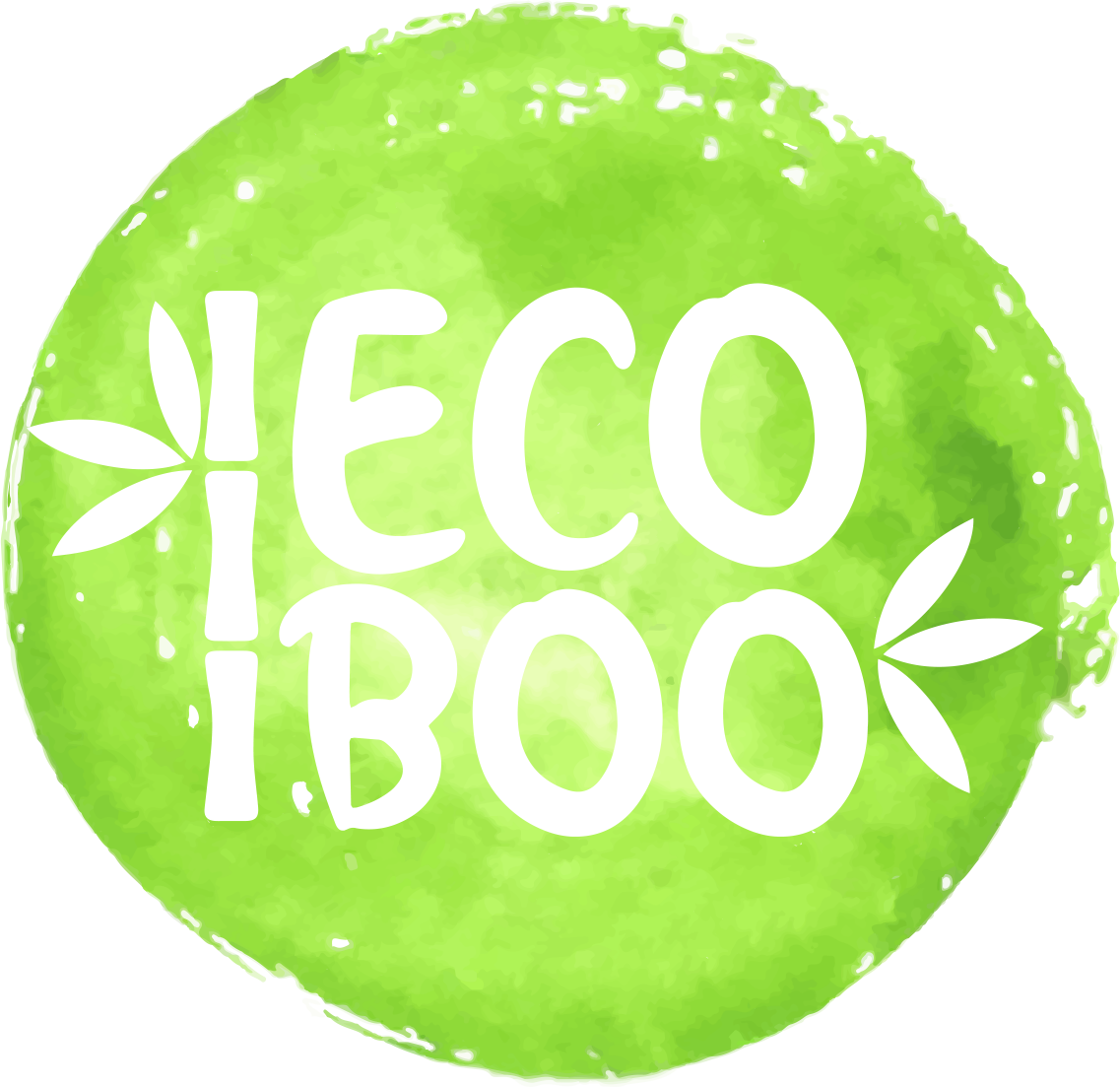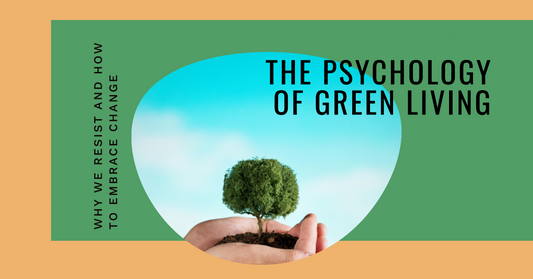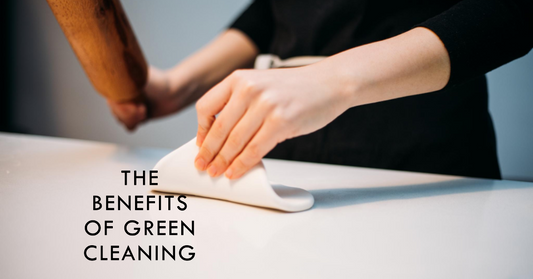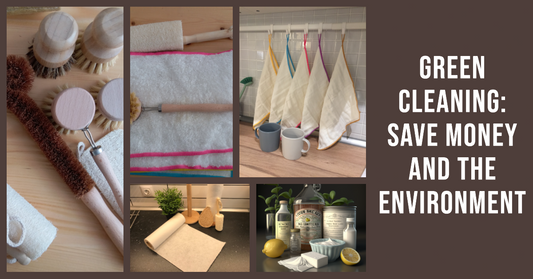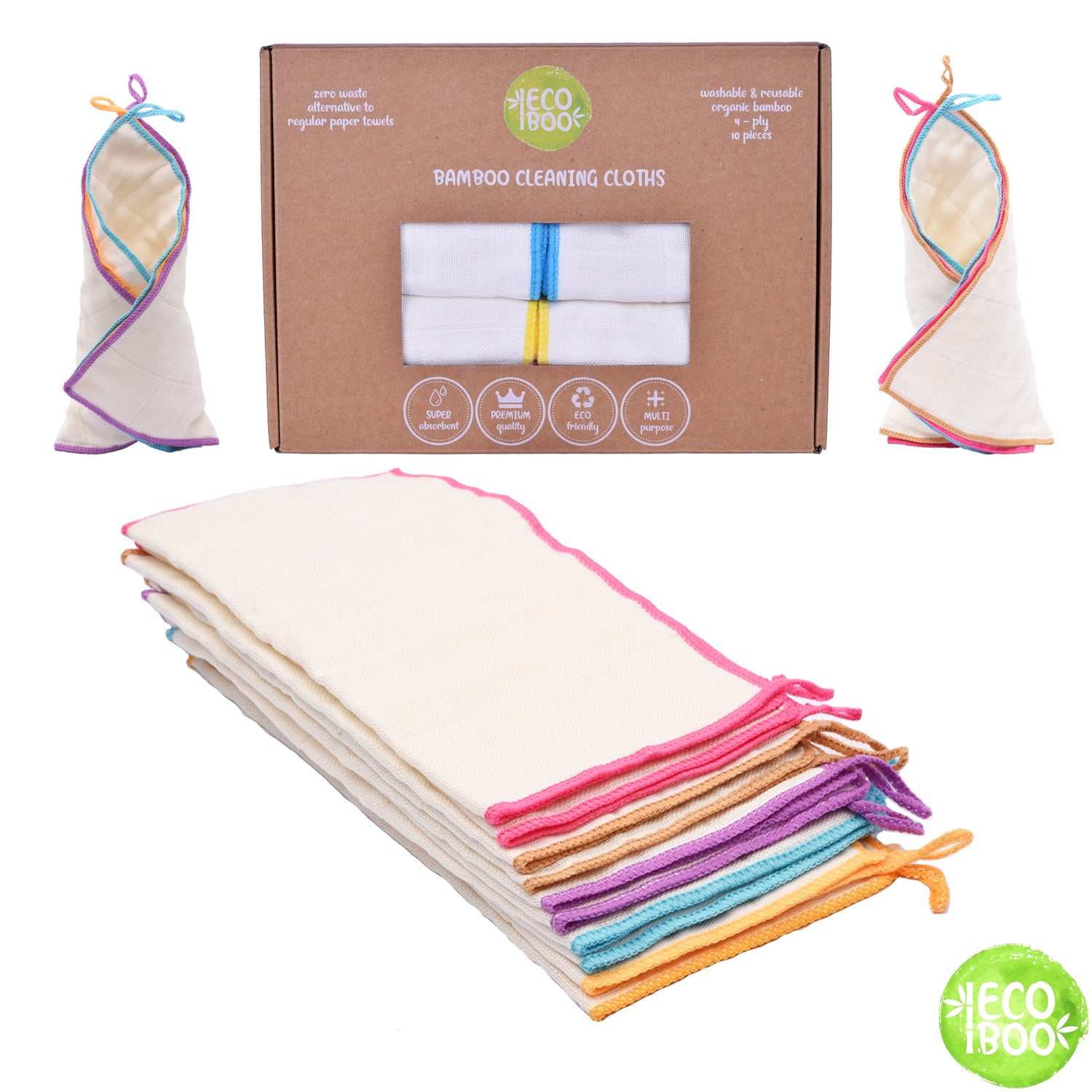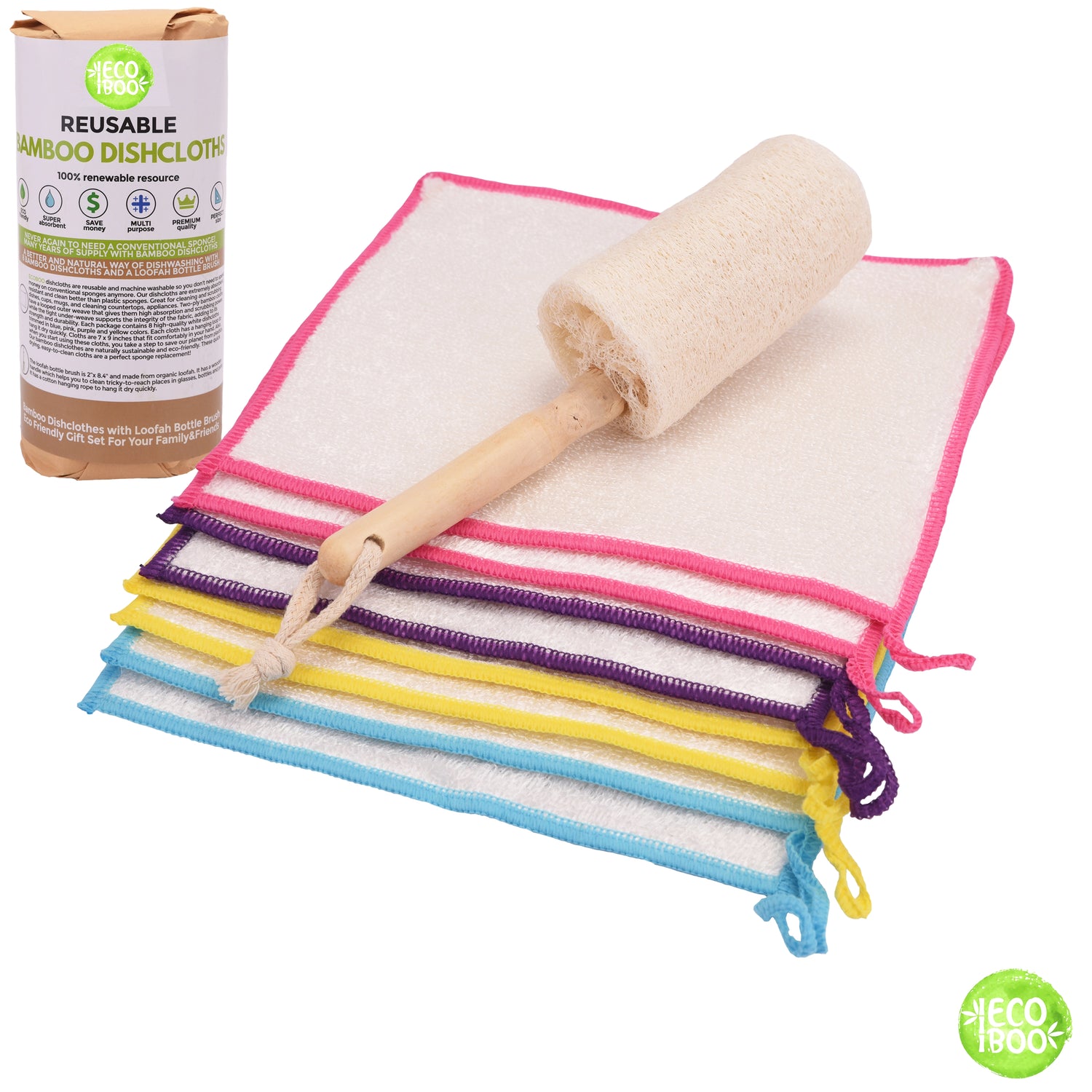Table of Contents
- How to Properly Dispose of Household Hazardous Waste
- What is Household Hazardous Waste?
- How to Dispose of Household Hazardous Waste
- 5 Tips to Properly Dispose of Household Hazardous Waste
- How do you dispose of eco-friendly products?
- What is the proper disposal of hazardous waste?
- What is an example of disposing of waste properly?
- What are the 5 methods of waste disposal?
How to Properly Dispose of Household Hazardous Waste
As we become more conscious of our impact on the environment, it's important to consider not just what we consume but also how we dispose of it.
Household hazardous waste (HHW) refers to any product that is toxic, flammable, corrosive, or reactive, and can be harmful to humans, animals, and the environment.
Some examples include cleaning products, batteries, pesticides, and electronics.
Improper disposal of HHW can have serious consequences, such as polluting our waterways and soil, contaminating the air, and posing a risk to human health.
In this blog post, we will share some tips on how to properly dispose of household hazardous waste in a sustainable and eco-friendly way.
What is Household Hazardous Waste?

Household hazardous waste (HHW) refers to any unwanted or unused household product that contains harmful chemicals or materials that pose a threat to human health and the environment.
These items include cleaning products, batteries, light bulbs, paint, pesticides, and many others.
How to Dispose of Household Hazardous Waste
Here's a step-by-step guide on how to properly dispose of household hazardous waste:
- Identify what you have: The first step in disposing of HHW is to identify what you have. Check labels on products to see if they contain any hazardous materials. If you're unsure, look for warning symbols like a skull and crossbones or a flame. Common HHW items include cleaners, batteries, paints, pesticides, and electronics.
- Separate HHW from other waste: Once you've identified your HHW items, separate them from regular household waste. This will prevent them from contaminating other materials and potentially causing harm.
- Research disposal options: Each municipality has different rules and regulations regarding HHW disposal. Some cities have designated collection days where residents can drop off HHW at a central location, while others may require you to make an appointment or take it to a specific facility. Do some research to find out what your options are.
- Prepare HHW for disposal: Before you take your HHW to a collection site or facility, make sure it is properly packaged and labeled. Follow any instructions provided by your municipality or disposal facility. For example, some facilities may require that you keep certain materials separate or in their original packaging.
- Transport HHW safely: When transporting HHW, make sure it is secured and won't spill or leak. Keep it in the trunk of your car, away from passengers, and avoid exposing it to extreme temperatures.
- Follow disposal guidelines: When you arrive at the collection site or facility, follow any guidelines provided by staff. This may include unloading your materials at a specific location, filling out paperwork, or paying a fee.
By following these steps, you can ensure that your HHW is properly disposed of and won't harm the environment or human health.
5 Tips to Properly Dispose of Household Hazardous Waste

Here are some tips on how to properly dispose of household hazardous waste:
- Read the Label: Read the label of the product to see if it is hazardous or not. If it is, then follow the manufacturer's instructions for disposal.
- Use a Local Collection Site: Many local communities have designated collection sites for hazardous waste. Check with your local government or waste management company for information on where to dispose of hazardous waste in your area.
- Don't Dump: Never dump hazardous waste down the sink, toilet, or storm drain. This can contaminate our waterways and harm aquatic life.
- Recycle: Some hazardous waste, such as batteries and electronics, can be recycled. Check with your local recycling center for guidelines on how to recycle these items.
- Swap or Donate: If you have unused or unwanted hazardous waste, consider swapping it with someone who needs it or donating it to a local charity.
How do you dispose of eco-friendly products?
Eco-friendly products should be disposed of in the same way as regular products, but with some additional considerations.
For example, if an eco-friendly product is biodegradable, it can be composted instead of thrown away in the trash.
If it is recyclable, it should be recycled in the appropriate bin.
It is important to check the product's packaging or contact the manufacturer to determine the best way to dispose of it.
What is the proper disposal of hazardous waste?
The proper disposal of hazardous waste depends on the type of waste.
Household hazardous waste (HHW), such as batteries, fluorescent light bulbs, and cleaning products, should be taken to a designated HHW facility for safe disposal.
These facilities are often run by local governments and are designed to handle hazardous materials safely.
Other types of hazardous waste, such as medical waste or industrial waste, should be disposed of according to specific regulations and guidelines set by the government or relevant industry organizations.
What is an example of disposing of waste properly?
An example of disposing of waste properly is recycling plastic bottles in the appropriate recycling bin.
This keeps the plastic out of landfills, reduces the amount of new plastic that needs to be produced and conserves natural resources.
What are the 5 methods of waste disposal?

The 5 methods of waste disposal are:
- Landfills: the most common method of waste disposal, where waste is buried in a designated area.
- Incineration: the process of burning waste, which reduces its volume and can generate energy.
- Recycling: the process of reusing materials from waste to create new products.
- Composting: the process of breaking down organic waste into a nutrient-rich soil amendment.
- Hazardous waste disposal: the process of safely disposing of hazardous waste in specialized facilities.
Eco-Friendly Cleaning Options from Ecoboo

At Ecoboo, we believe in making eco-friendly and sustainable choices when it comes to cleaning our homes.
We offer a wide range of reusable and sustainable cleaning products, including reusable paper towels, unpaper towels, dishcloths, bamboo cleaning cloths, and loofah sponges for dishwashing.
Our products are made from sustainable and renewable materials, and they are designed to help you reduce your waste and save money in the long run.
Conclusion
Proper disposal of household hazardous waste is crucial to protect our health, the environment, and wildlife.
By following these tips and exploring eco-friendly cleaning options from Ecoboo, we can create a more sustainable and cleaner planet for generations to come.
Visit Ecoboo's blog for more tips on green cleaning and explore our collection of sustainable cleaning products, including reusable bamboo cloths, reusable dishcloth sets, and reusable paper towel sets.
Make a commitment to living a more sustainable and eco-friendly lifestyle today.
